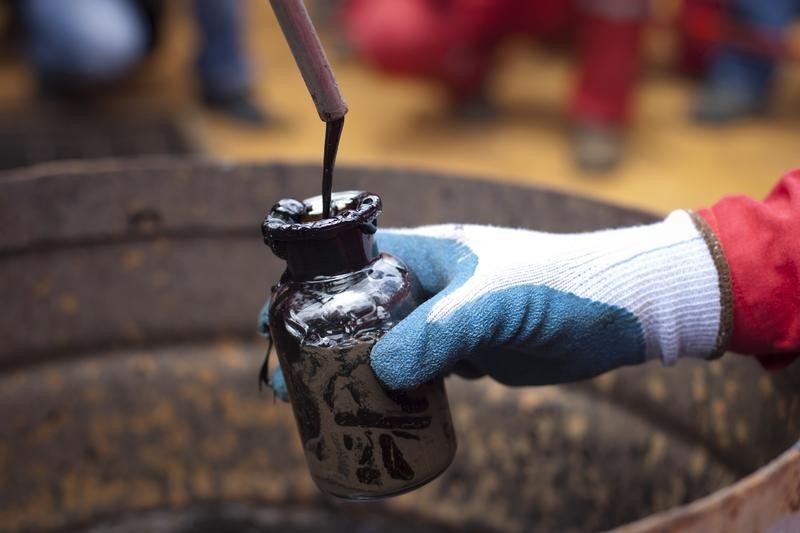(updates with settlement prices)
By Barani Krishnan
Investing.com - The global price of oil, measured by U.K.’s benchmark Brent crude, cruised past $75 a barrel the first time in two years Tuesday as market participants awaited U.S. inventory data that could signal further supply tightening amid the approach of peak summer demand.
Brent settled down 9 cents, or 0.1%, at $74.81 per barrel, after scaling a session high of $75.28, a peak since April 2019.
West Texas Intermediate crude, the benchmark for U.S. oil, settled at $72.85 per barrel for the for August delivery contract, down 27 cents, or 0.4%. WTI touched $73.45 earlier, its highest since October 2018.
“After booking 2% gains in the previous session and reaching fresh multi-year highs, oil bulls are pausing for breath,” said Sophie Griffiths, head of research for U.K. and EMEA markets at online broker OANDA.
She nevertheless expected the rally to continue as fuel demand ramped up from traffic returning to pre-pandemic levels in European and U.S. cities, while trans-Atlantic flight were picking up again. Some “2.1 million Americans took to the skies, the highest number of people to fly since the start of the pandemic,” Griffiths said.
Brent is up almost 45% on the year while WTI has gained nearly 50%, with about 15% of that rally coming in June.
Both crude grades hit multi-year highs ahead of weekly inventory data due from the American Petroleum Institute, or API, on Tuesday and the U.S. Energy Information Administration, or EIA, on Wednesday.
The API report is scheduled for release at 4:30 PM ET (20:30 GMT) and will serve as a precursor to what the EIA will report as weekly balances of crude, gasoline and distillates.
According to a consensus of analysts tracked by Investing.com, U.S. crude crude stockpiles likely fell by 3.6 million barrels for the week ended June 18, adding to the drop of 7.4 million in the previous week to June 11.
Gasoline inventories likely rose by 750,000 barrels versus the rise of 1.95 million in the prior week, consensus shows.
And stockpiles of distillates, made up of diesel and heating oil, likely built by 975,000 barrels after a previous decline of 1.02 million.
